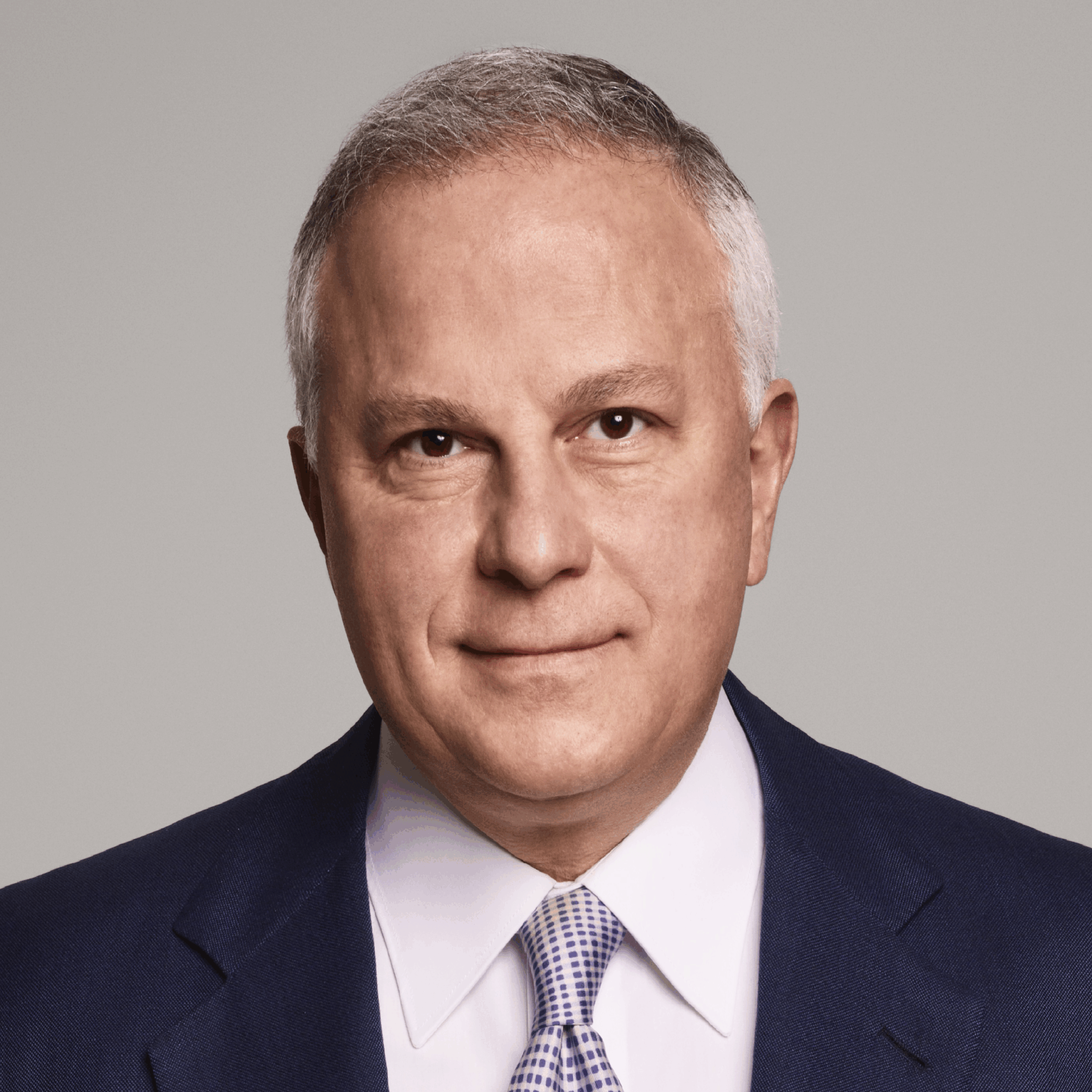
In our new CONVOCO! Podcast Corinne M. Flick speaks with John Rigas, Chairman and CEO of the Sciens Group of Companies, a private equity and capital management firm investing in the water sector in the United States, about:
Liquid Power: Water as the Commodity of the Future
Here’s what he said:
The problem is that 97% of water is salty and cannot be used. That leaves 3% fresh water, […] but of that 3%, only 1% is accessible for use. This is the problem with water. It’s a finite resource, whereas the population is growing.
The primary problem with desalination is that it requires an enormous amount of energy.
The bottom line are large-scale infrastructure investments. These need a central administration. To protect them, you need bureaucracy. Management is the key issue.
Water is very heavy for its value. It is expensive to move over long distances. So, by definition, solutions have to be local. And that’s where the distributed infrastructure concept comes in very well.
Recycling is at the center of the solution. No matter where you are – whether you have water or not – it’s better to recycle water because using less water is finite.
You’re going to have a problem when the economic interests of the farmers who are exporting food come into conflict with no water retention and sustainability of the water sources.
Climate change will result in some more fresh water, but it’s entering the oceans, and, in fact, it has a negative effect. Rising water levels, particularly for cities that are close to the ocean, create problems.


